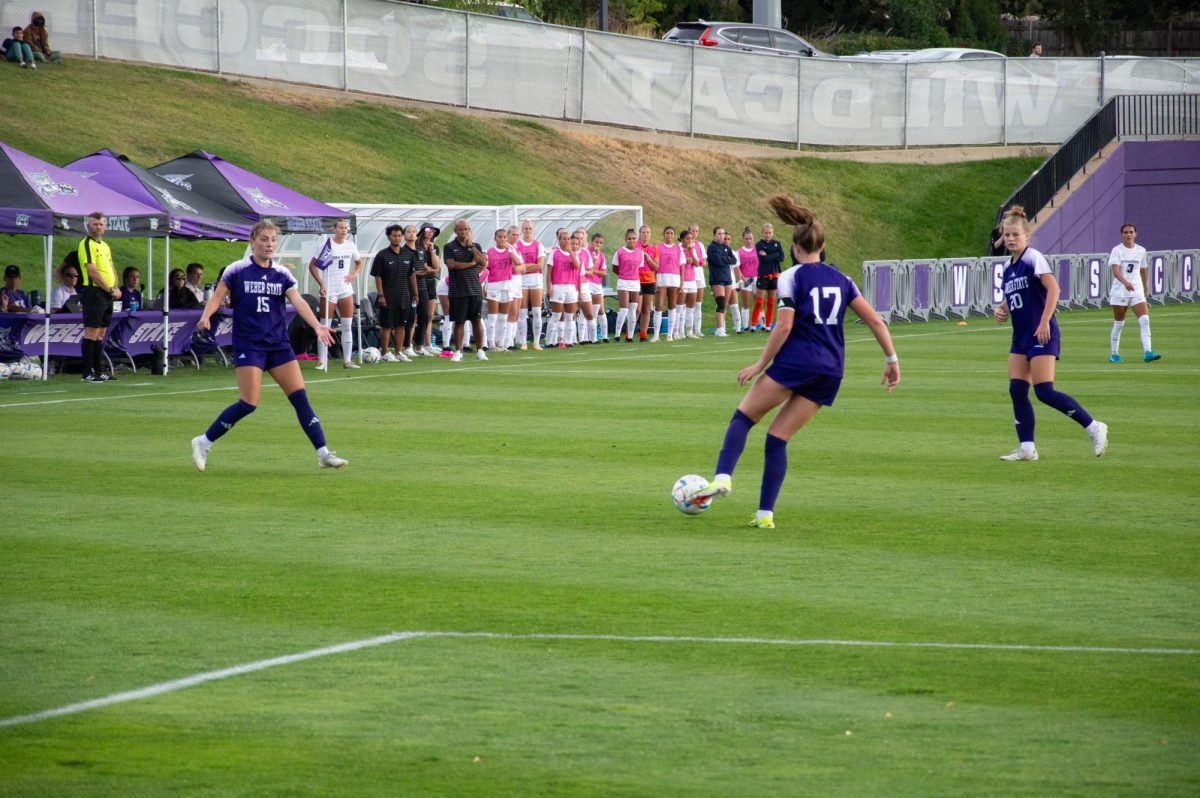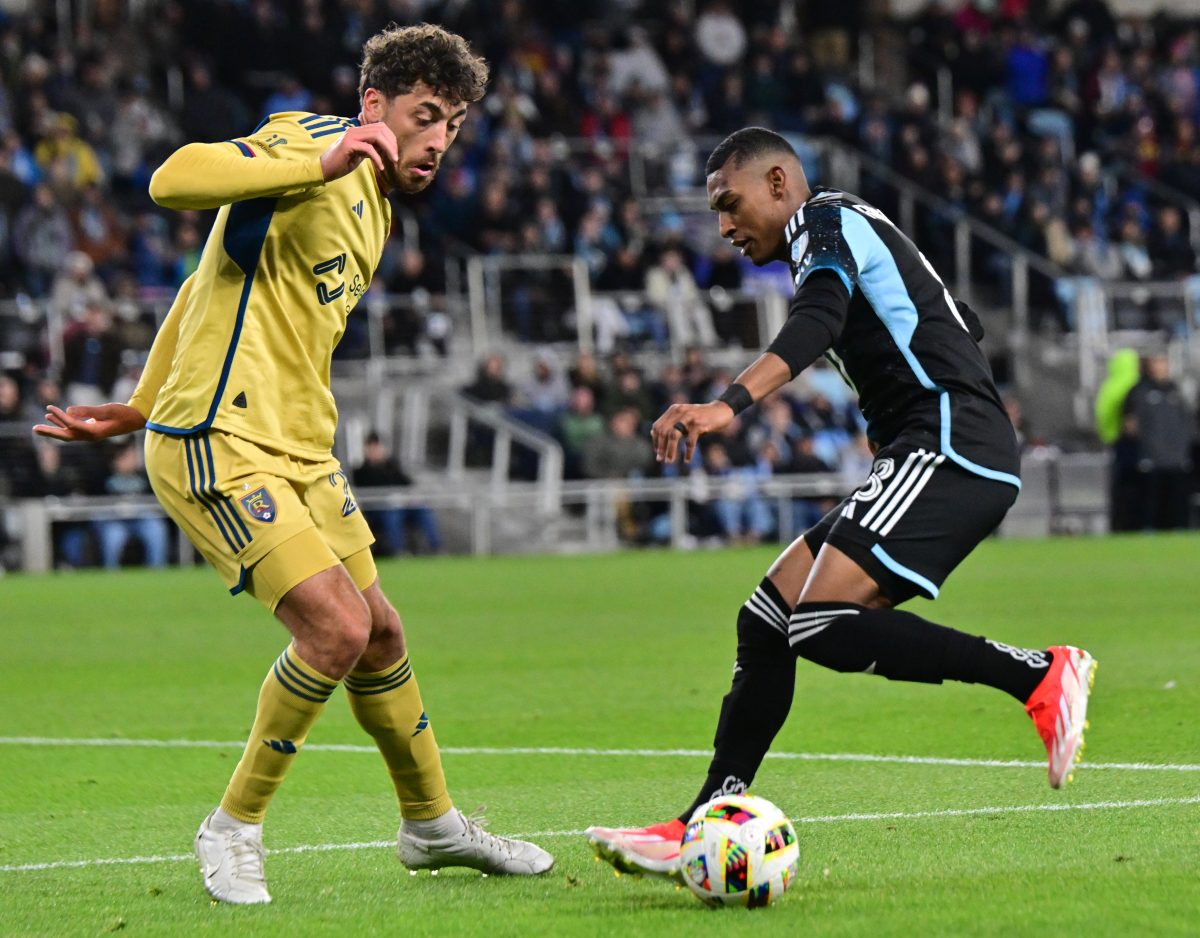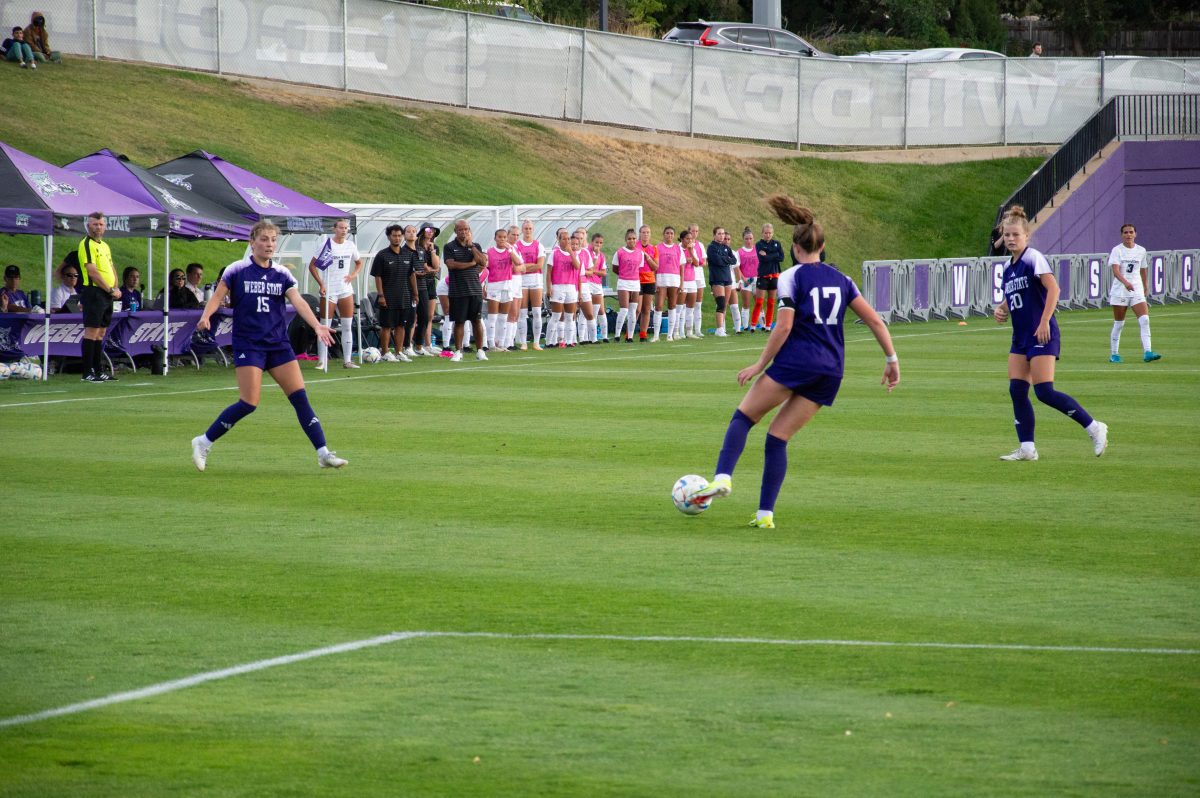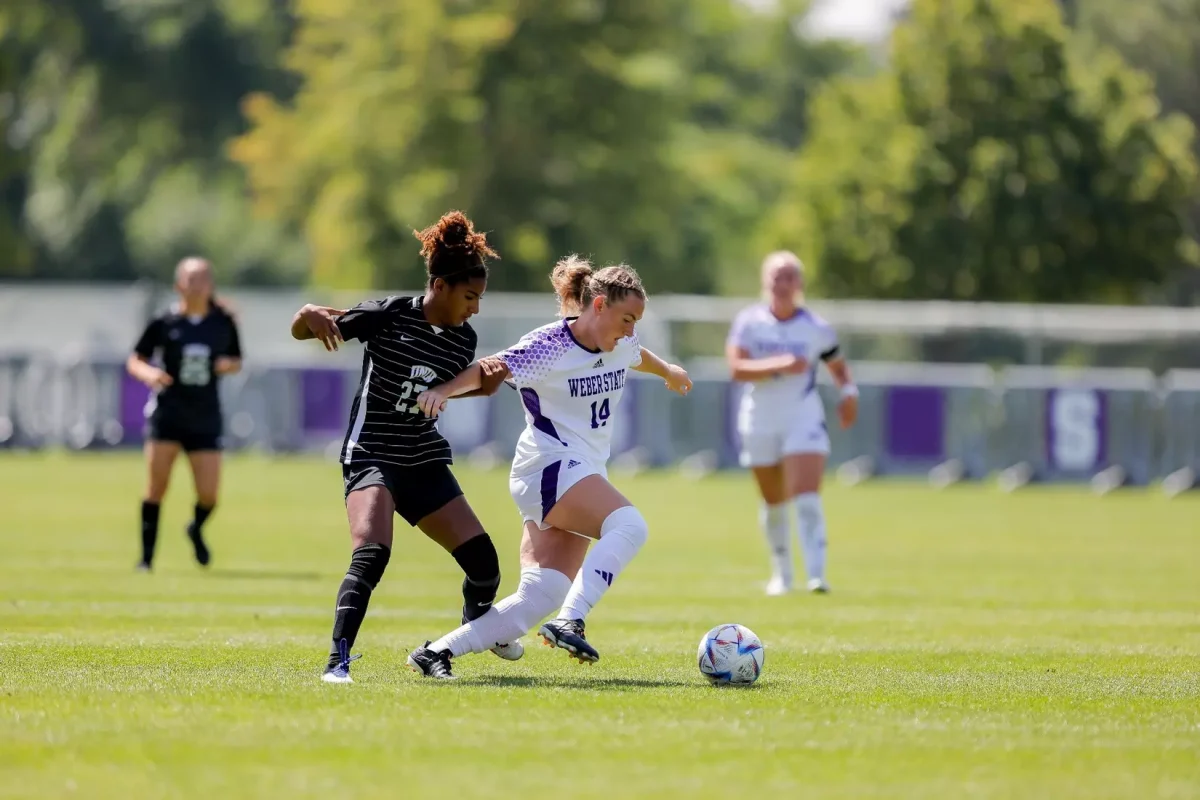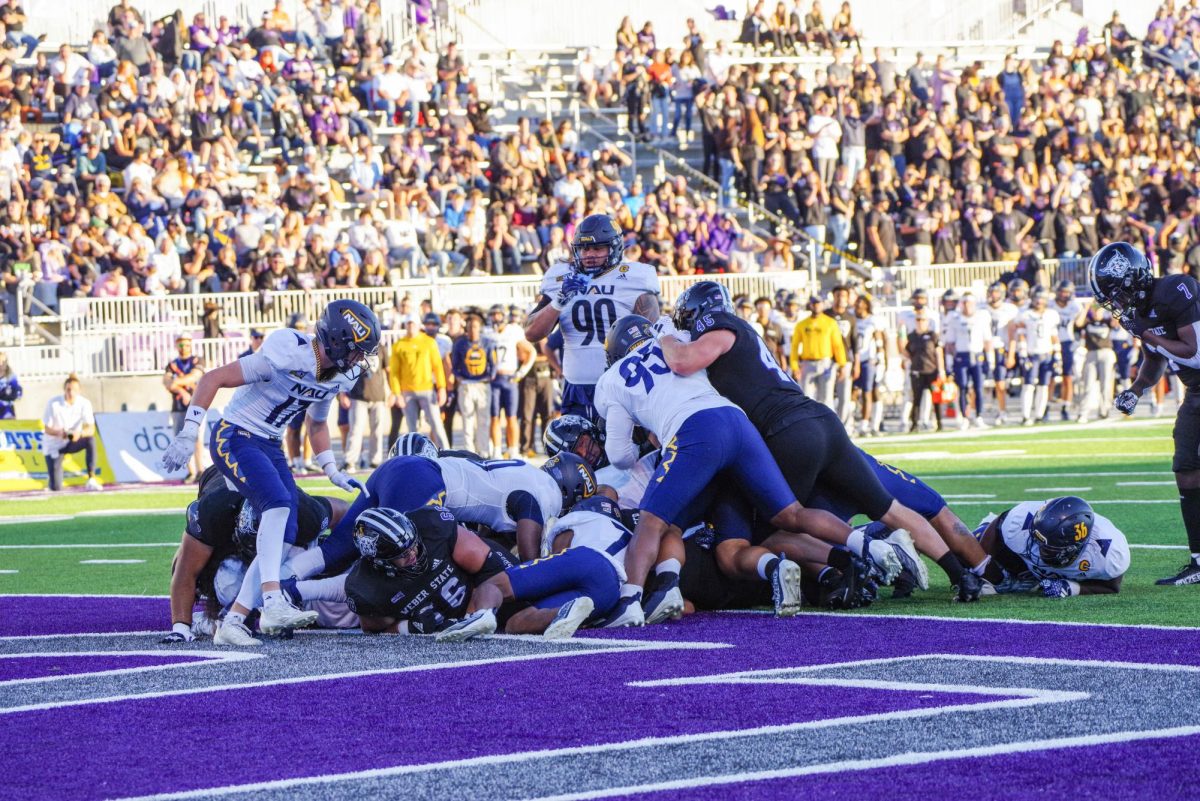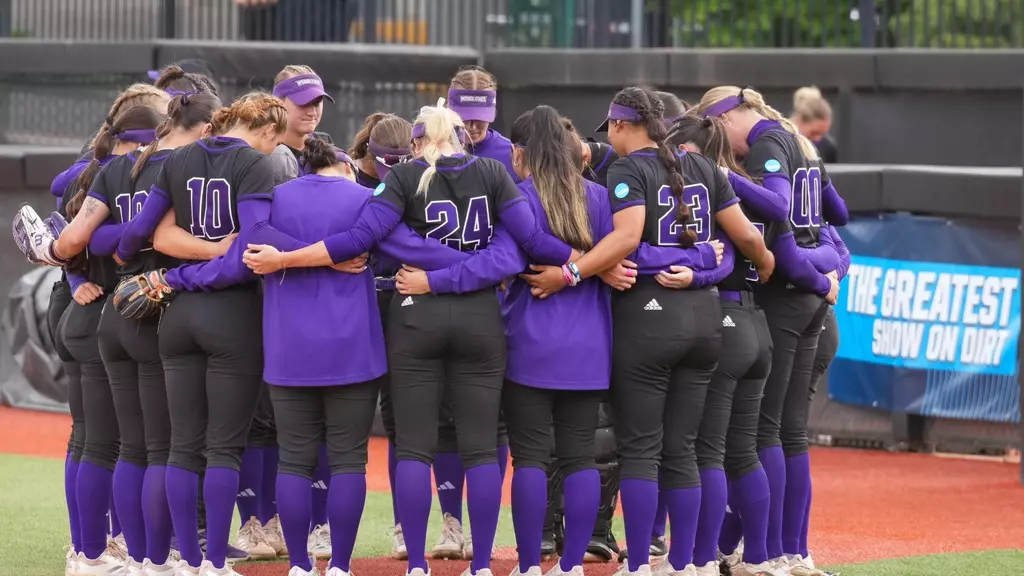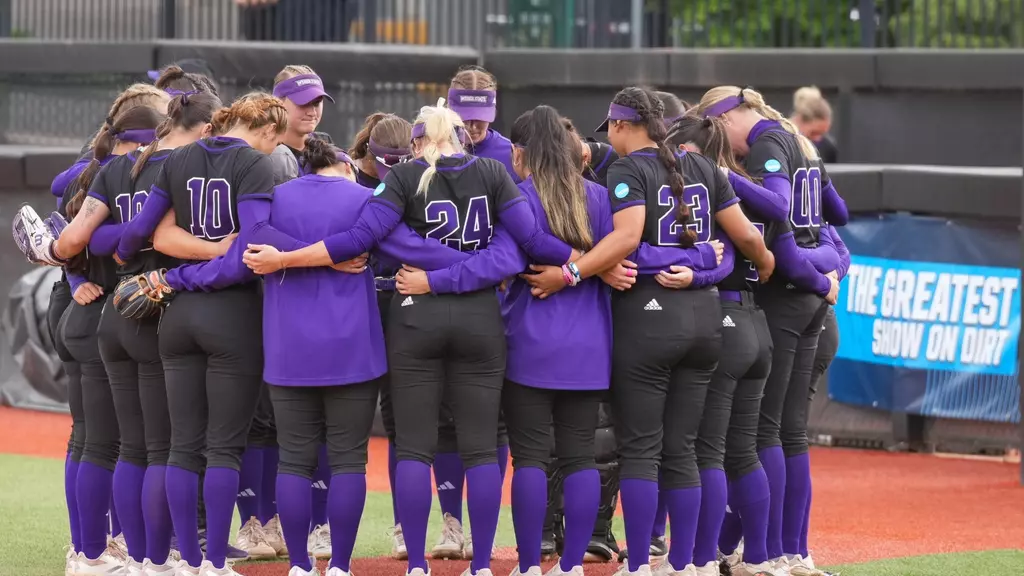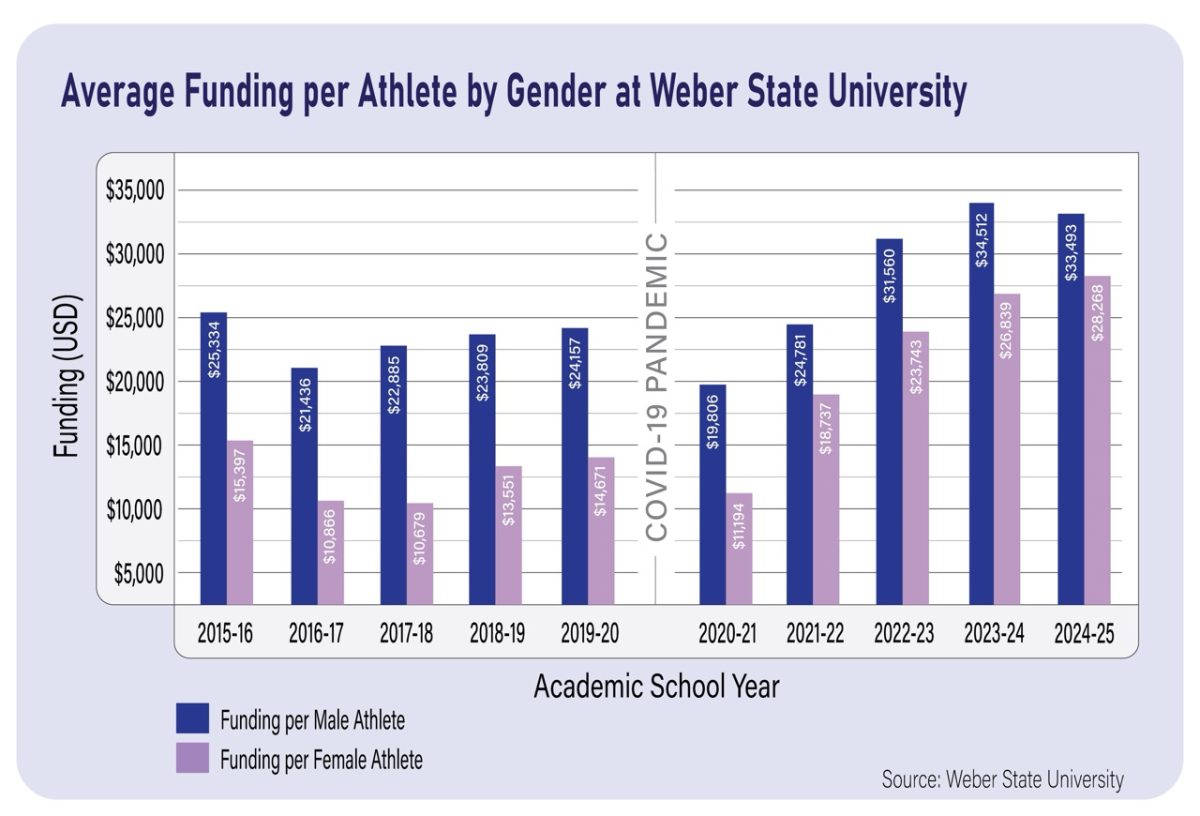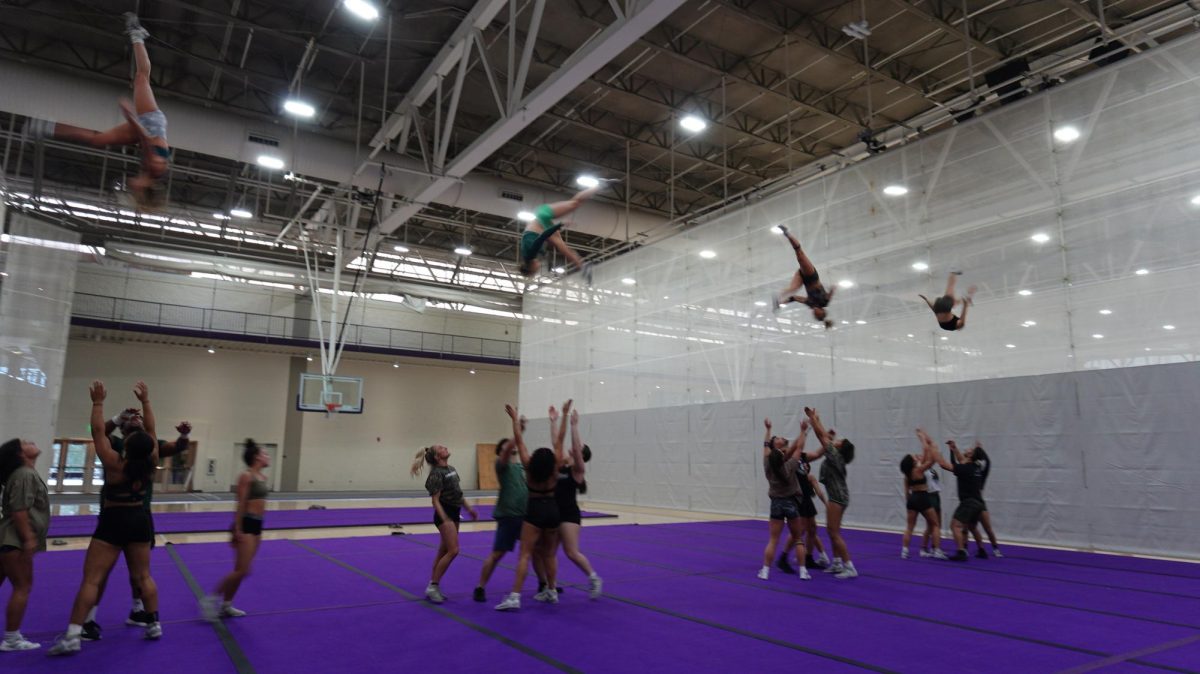Every four years, the world unites to take part in a sporting event for the ages. No, this isn’t the Olympics. I’m talking about the World Cup.
The Fédération Internationale de Football Association (FIFA) holds its annual competition every four years, with the location of the event always varying. This summer it’s being held in Brazil. Preparations for this event have been going on for several years, with many teams practicing and training every moment possible to make the cut.
In order to make it to the cup, teams began qualifying in July of last year. Each nation is put into one of six qualifying groups, and for a span of seven to ten months, intense competition between the best players from each nation is held to see who will move on.
The number of nations allowed to participate is always 32, yet the host country is granted an automatic bid. So, 31 spots are available. Each region is allotted a different quantity of teams each World Cup, with the majority coming from Europe. The qualifying process aids in making sure that dominant powerhouses such as Spain, Germany and Brazil are able to play, while smaller countries like New Zealand and Iran can fight their way in and prove their worth.
When all the qualifying is done, the 32 qualifying teams are sorted into eight groups of four, lettered A-H. The group stage, as the first part is called, goes on for a period of 15 days. After the group stage, the top two teams from each group move on to the elimination rounds. From there, it’s win or go home. The top two teams will play for the cup on Sunday, July 13.
For many participants, this is a once in a lifetime chance. The U.S. made a valiant push this World Cup, moving to the elimination rounds, yet fell in the first game, losing 2-1 to the Belgian team.
“We are very proud of every player,” United States Coach Jurgen Klinsmann said. “(The U.S. players) have made their country proud today and with their performances at the World Cup.”
Klinsmann, who was a player for West Germany for several World Cups, spoke of returning to be with the U.S. men’s national team for the 2018 World Cup in Russia.
“We have to move on,” said Klinsmann, “I think there is a lot to build on going forward.”
The major focus is the surge of nationalism that each country has experienced. No matter where you’ve turned in the past three weeks, proud soccer fans in the United States have been shouting, posting, even tweeting their pride with the chant, “I believe that we can win.”
Each country puts their time, money and full support into being the best. All that work and stress really is about being able to say, “I’m proud to be an American.” Or German. Or Brazilian. They fight for the ability to lift up that trophy, knowing that they are the best in the world.



